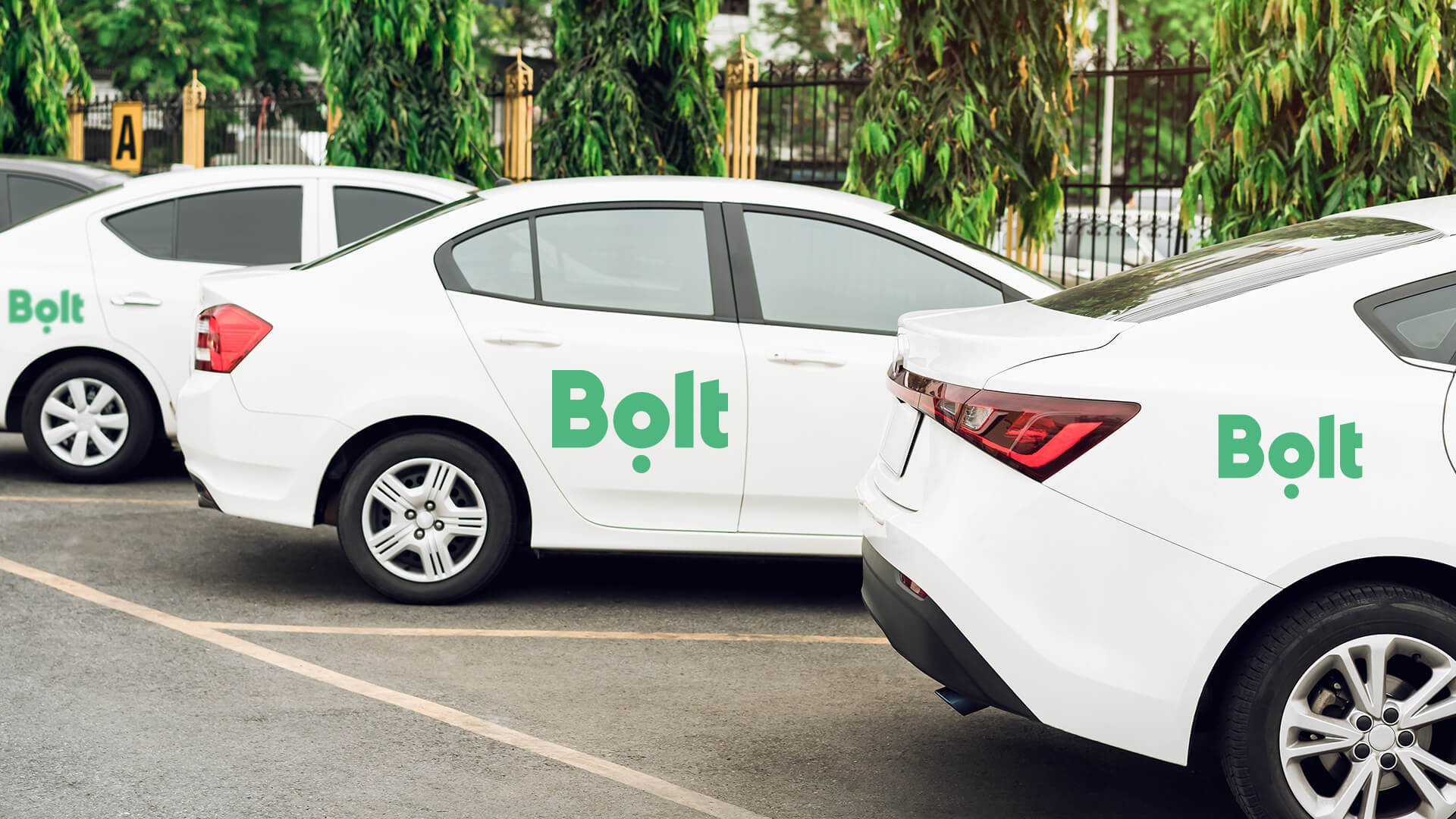What are psychotechnical tests?
Psychotechnical tests (psychotests) are a key element in assessing the predispositions of future TAXI drivers. They evaluate not only mental and psychomotor abilities but also the ability to cope with professional situations, such as prolonged driving in traffic jams or interacting with passengers. It is important to know that proper preparation for the tests and regular repetition significantly impacts the safety of both the driver and the transported individuals.
How do psychotechnical tests look?
Psychotechnical tests are based on various methods, such as:
- Psychological interview – provides information about the candidate’s emotional and psychological history.
- Written tests – assess intellectual abilities and cognitive processes.
- Apparatus tests – focus on psychomotor skills, such as visual-motor coordination or reaction speed.
Each of these techniques allows for an in-depth analysis of various aspects of psychological and emotional functioning. The main task of psychotechnical tests is not only to assess the ability to work in difficult conditions but also to analyze social and emotional maturity. This is particularly important in professions where full psychomotor efficiency is an absolute requirement.
Who and when should take psychotests?
All drivers wishing to drive professionally must undergo psychotests. The tests are conducted at a medical center equipped with the appropriate equipment. The first psychological examination should be completed before the issuance of professional qualifications, and each subsequent one should be done within the timeframe appropriate for completing periodic training. Professional drivers must repeat the psychotechnical examination every 5 years until they reach the age of 60 or every 30 months after turning 60.
Difference between psychotechnical and psychological tests
These tests are often confused with each other, but they differ in several key aspects:
- Psychological tests – focus on the overall mental state of the individual.
- Psychotechnical tests – concentrate on assessing the ability to perform specific professional tasks.
In other words, psychotests have a more practical character, aimed at checking the competencies necessary in professions requiring full psychomotor efficiency. They are designed to assess whether a person has the appropriate predispositions to work under specific conditions. This is especially important in professions where precision and safety are priorities.
Unlike psychological tests, which cover a wide range of issues, psychotechnical tests focus on practical skills and competencies tailored to the specifics of a given profession.

How to prepare for psychotests?
Proper preparation for psychotests is key to achieving the best results. It not only increases your chances of success but also helps manage the stress that often accompanies such tests. Here are some practical tips that can be extremely helpful. When preparing for psychotechnical tests, you should reserve enough time for them. Most facilities offer psychotests to be completed in one day. For taxi drivers, the examination lasts an average of 2 hours. When going for psychotechnical tests, you should bring:
- ID or passport
- Valid driver’s license
- Referral for psychotechnical testing issued by the employer or doctor (the examination can also be performed without a referral)
- Referral from the city office or county office (if issued)
- Contact lenses or glasses (if used).
You should arrive for the examination well-rested. If stress increases, it is not recommended to take sedatives. Importantly, on the day before the examination, avoid consuming alcohol and other substances that may negatively affect your concentration.
Legal basis for psychotechnical tests
The regulations regarding psychological examinations for drivers are recorded in a special document – the Regulation of the Minister of Health. This is where you will find all the important information about how such tests should be conducted and what exactly they check. Thanks to these clear rules, we can be sure that the tests are conducted reliably and actually show whether the driver is capable of safely operating a vehicle. These regulations specify not only which tests must be performed but also how they should be evaluated. This is really important because it ensures that the results are objective and can be used to make appropriate decisions about employment.
FAQ – Frequently Asked Questions
- How long does the examination take? About 2 hours for Taxi Drivers.
- Can the examination be repeated in case of a negative result? Yes, after a specified time, you can retake the examination.
- Where can the tests be performed? At authorized medical centers equipped with the appropriate equipment.
- Do you need to prepare specially? The most important thing is to be well-rested and remain calm.
- What is assessed during the tests? Psychomotor efficiency, reaction time, visual-motor coordination, stress resistance.
Summary
Regular psychotechnical examinations give drivers confidence that their abilities are at the appropriate level, which directly translates into safety on the roads.
Do you have more questions? Contact us! Avalon Logistics Group is an intermediary between drivers and the largest taxi service companies. We will help you navigate the recruitment process and guarantee the best employment conditions. Fill out the contact form on the website and wait for a response. Our advisors will get in touch with you as soon as possible.







![Work as a taxi driver and app-based courier – a new study reveals the truth about the profession [2026] Work as a taxi driver and app-based courier – a new study reveals the truth about the profession [2026]](https://avalon-logistics.pl/wp-content/uploads/2025/03/nowe-oklejenie-toyota-2024_glowna-850x420.png)